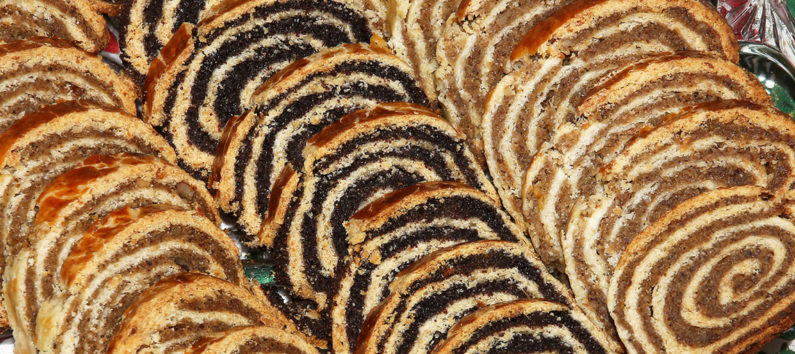When we hear the word Christmas, we think of love, family, the pine tree, presents, snow and, of course, food and drink. At the same time, we know that Christmas is the celebration of the birth of Jesus Christ, to which countless customs and beliefs are connected.
For example, the Szeklers of Trászék believe that the next year's weather depends on what day Christmas falls on.
If it is on Sunday , the winter will be good, the spring will be moderate and the summer will be windy. If Christmas is on Monday , the winter is foggy, the spring is windy, many people will die and livestock will die. If it falls on Tuesday , the winter will be long, the spring will be wet, but there will be plenty of wine and fruit. If Christmas falls on a Wednesday , there will be a hard crushing winter, a windy spring, a wet summer and a moderate autumn, but at the same time the grain harvest will be abundant and the livestock will multiply. Thursday: hard winter, windy spring, dry summer, there will be all kinds of crops, but scarcely. On Christmas Friday, a turbulent winter and a fierce summer will come and the sheep will perish. If Christmas falls on a Saturday , it will be a beautiful winter, windy spring, listless summer and expensive.
It's not a matter of choice which day Christmas falls on, but after that I pay more attention to Christmas foods with magical meanings. So there will be beans, peas and poppies to bring abundance, garlic to protect health, nuts to ward off spoilage and honey to make life sweet. In some regions, it was also customary to throw an apple into the well at Christmas, which was pulled out at Epiphany and the family ate it together to stay healthy in the New Year.
about the Christmas holiday round here.
Source: mek.niif.hu
(Cover image source: divany.hu)













